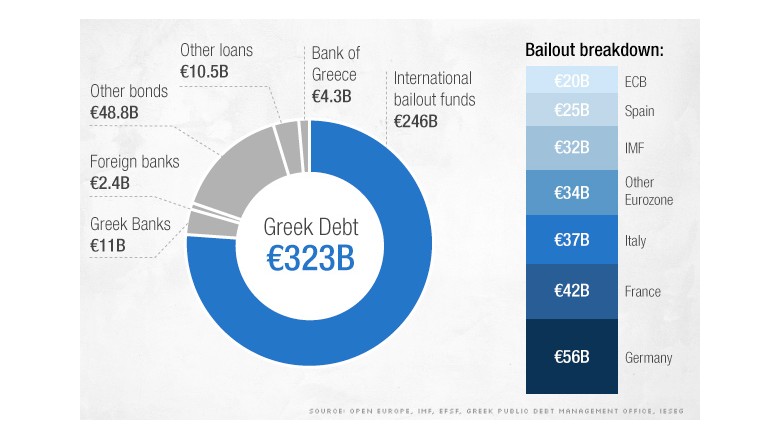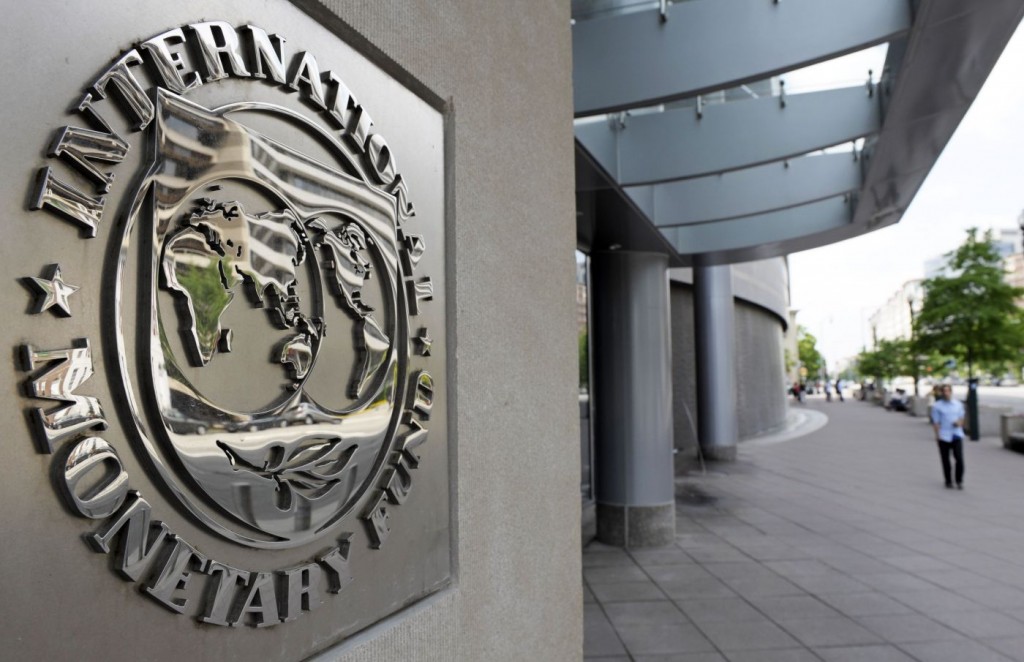News outlets are officially reporting that the 'No' side has won a decisive victory in Greece, rejecting a bailout offer from foreign creditors that would have imposed…

Greeks
Focusing exclusively on the monetary aspects of the Greek crisis the media misses much of what disturbs the Greeks and also what might make a…
Democracy is among other things the rule of majority public opinion. Plutocracy is the rule of the wealthy few over and against the popular majority.…
Not that almost any and all news today is enough to make you scratch your head, two pieces of news yesterday were bombshells! I am…
It’s ironic but not surprising that the European Central Bank decided Sunday to limit its credit to Greece by enough to force the Greek banking…

Back in January upon coming into office, Syriza probably could not have won a referendum on whether to pay or not to pay. It didn’t…

The Greek debt is unpayable. It is simply too large to be repaid. The austerity that the EU and IMF have imposed on Greece has…

As labor unions have declined in most countries around the world, CEO paychecks have ballooned. And that’s not just a coincidence, according to new research…
You can't watch what is unfolding in Greece and not marvel at the clarity, fortitude and nerve of the new government there. In fact, we're…